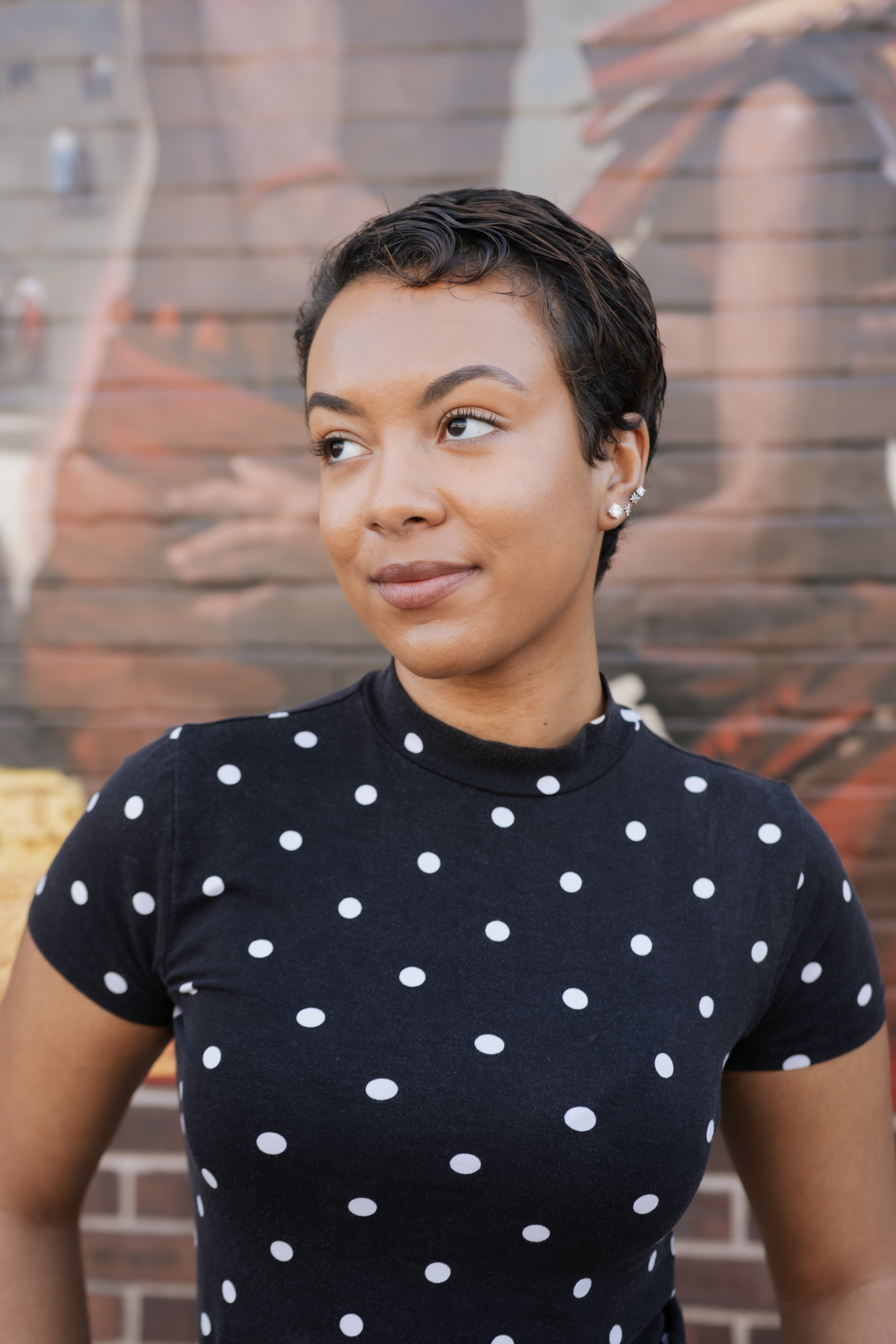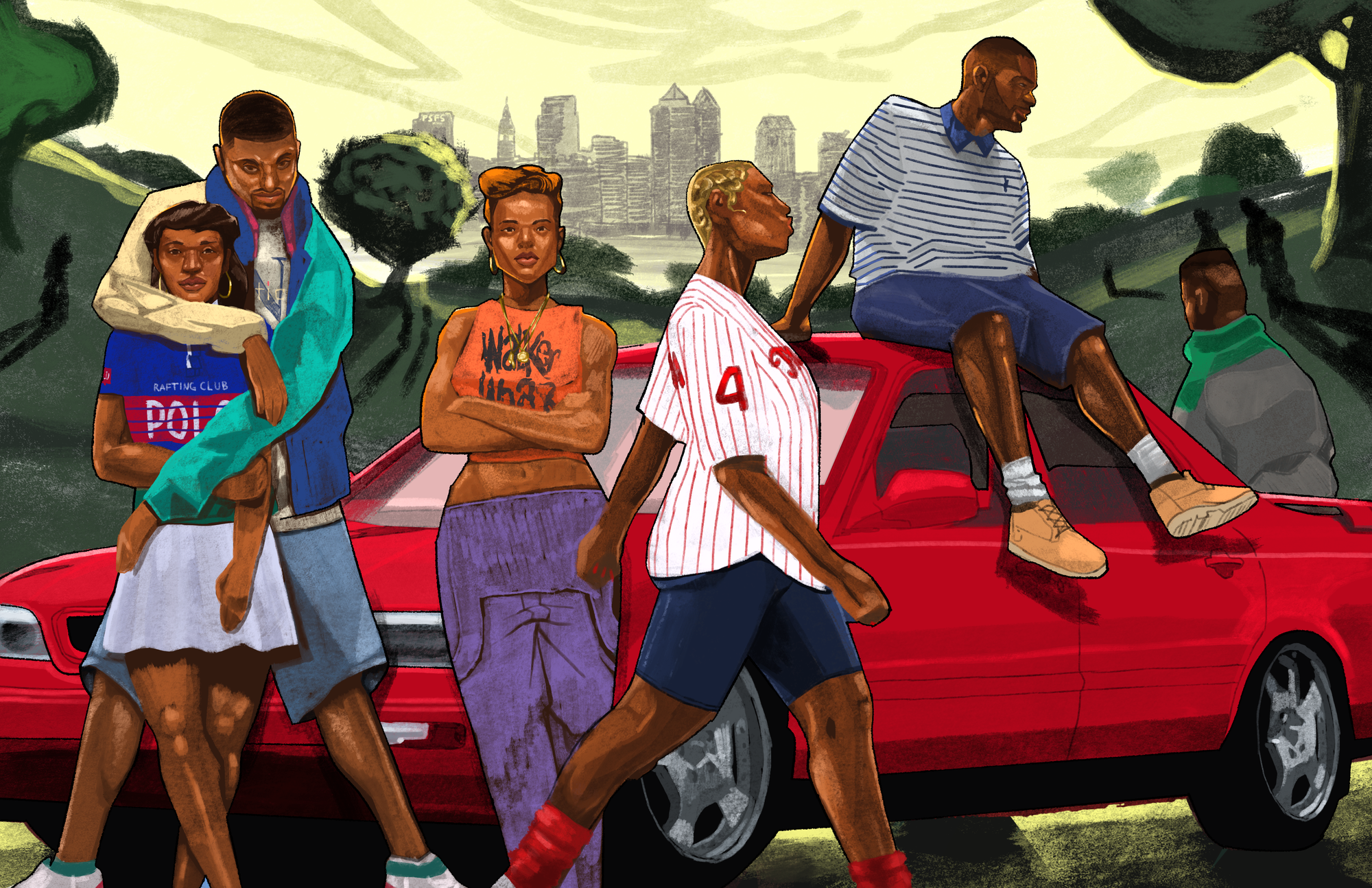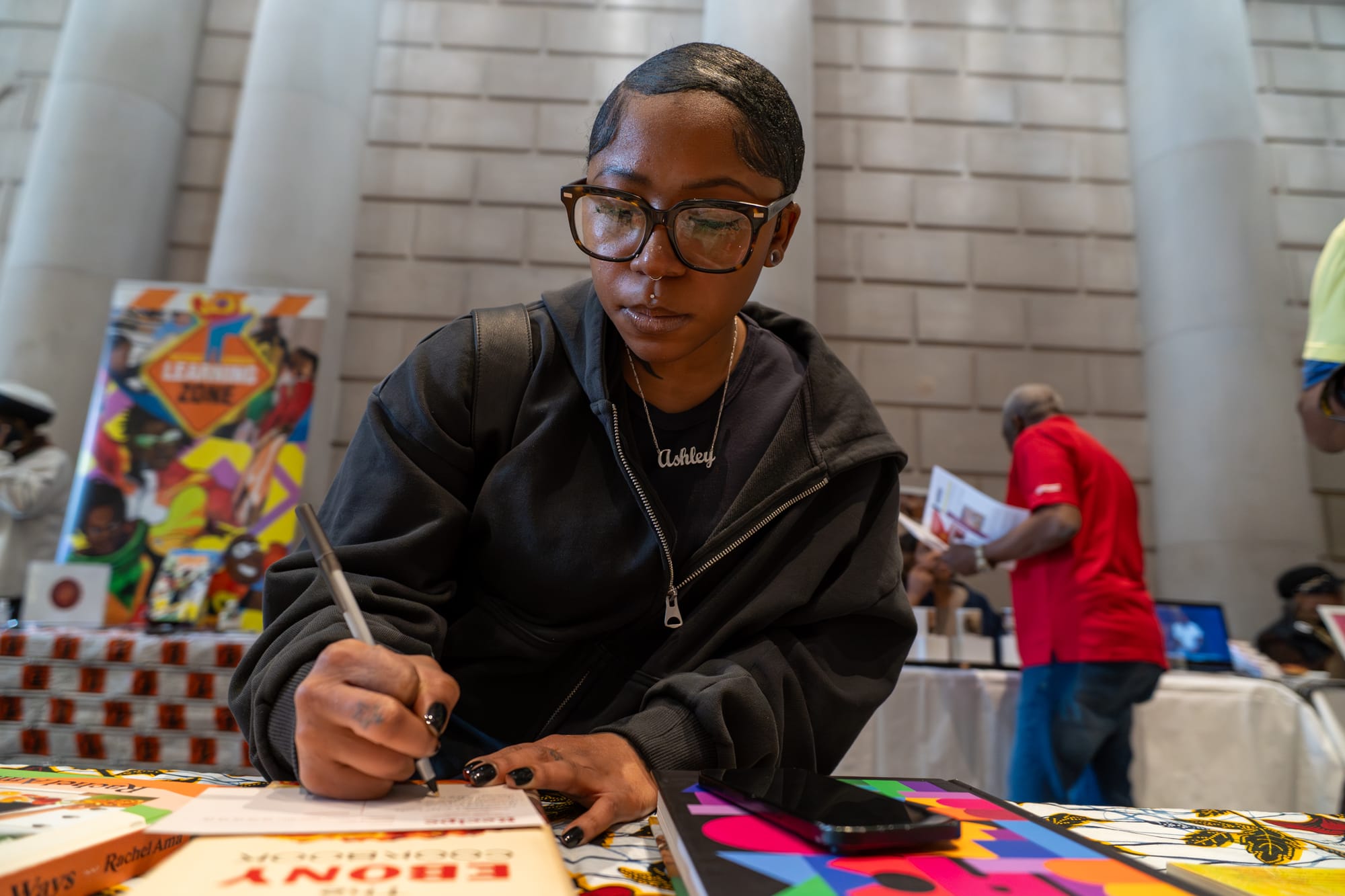Piercing The Veil In Philly: A Juneteenth Festival Recap
On a balmy and bright Saturday afternoon was the fifth annual InterNASHional Bounce Juneteenth Festival.
On a balmy and bright Saturday afternoon was the fifth annual InterNASHional Bounce Juneteenth Festival. For the first time ever, this festival—which began in the heart of Southwest Philadelphia at the One Art Community Center space, took over the Ben Franklin Parkway in one of the city’s most iconic landmarks. Just steps away from Rocky’s most famous run didn’t just lend to hearing a new sound, it became a new ceremony.
Music has always had the power to pierce the veil–of ancestral trauma, connecting diasporic cultures and silence. Rolling into Juneteenth weekend, the festival did just that. With the iconic rows of flags from every nation as the backdrop, and the parkway as the stage, this year’s InterNASHional Bounce festival became a resounding reminder of music’s role in liberation and legacy.
I had the chance to talk with event curator, Nashirah [aka] DJ Nash, as well as supporting acts DJ Bobby Flowers, Rebel Foster and supporting artist Queen Jo.
“I’m still in shock how close we are to the art museum steps and I don’t think I will ever get over it,” says DJ Nash. “I’m so happy to be here.”
Throughout the day, the rhythm and flow of R&B, Reggae, Hip-Hop, House and Jazz put attendees in a groove unlike no other. The energy shifted with each act but held steady in its intention for the festival: Black joy, made audible.
Supporting headliners included Plantain Party’s curator DJ Bobby Flowers, known for bridging salsa with the upbeat sounds of hip-hop, and Rebel Foster, who brings the heat of the street with house and beats that move any breaker off their feet. As the sun banished any clouds from existence, Queen Jo took the stage alongside Rebel Foster, headlining with a set that was both a reminder the streets are calling, according to her latest single and that having fun is what our ancestors remind us to do.
“The reason why I chose house music is because when I was young, my mom made us clean to House music,” says Queen Jo. “And I just have some of the craziest memories of bringing this art for me. Plus, it’s one of the only genres that really uplift the women, especially Black women.”
For many attending the Juneteenth festival, this wasn’t just a concert–it was ritual awakening. And for others, it was an entry point of what Juneteenth represents: not only the delayed news of emancipation reaching enslaved Black people in Galveston Texas, but also the ongoing practice of reclaiming space, time and expression.
“Juneteenth means we still have work to do,” says DJ Bobby Flowers. “Because it took two years for the union to go all the way down south to get to Galveston, Texas just to free them because the confederacy wasn’t trying to hear that. Even after that, it took a whole other year for the slaves to get free in [Indigenous] territories.”
The decision to move the event from its more intimate Southwest roots to a highly visible public venue like the Parkway wasn’t just a logistical shift. It was symbolic of the growth and progress of curator DJ Nash. It marked a growing commitment to center Black culture in the city’s most prominent spaces and to scale up celebrations that honor both Black histories and Black futures.
“Juneteenth teaches me to appreciate being as Black as I can be and what it means to me,” says DJ Rebel Foster. “I’m a proud Black DJ and I make sure I play Black music all the time… being a part of this celebration makes me feel at home.”
Black music has always held the power to rupture silence and bridge distance. In Philadelphia, during Juneteenth weekend, it became a bridge across generations and centuries. A beating pulse that pierced the veil, connecting ancestors through song and dance, sound systems and speakers– until the veil thinned and suddenly ancestors showed up too.
“Juneteenth really means everything to me,” says DJ Nash. "Because we went through SO much, I feel like we need to celebrate it literally every year and it’s a beautiful thing to see everyone do what they love to do.”
This wasn’t just a festival, it was a concert of collective breath, heart and rhythm.




